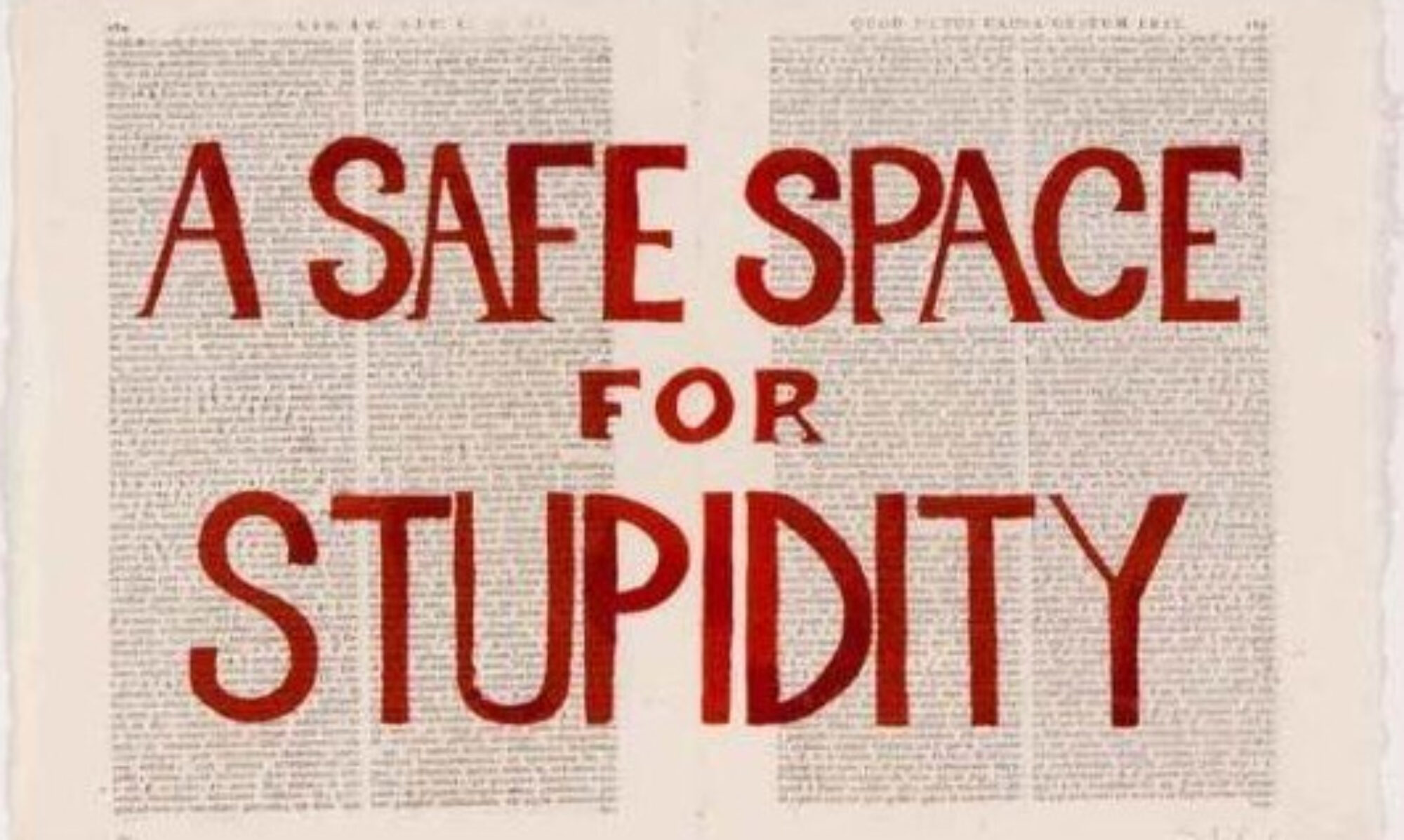In Darran Anderson’s words, this seems to be a Ponzi scheme of some sort, but Kirsty McCluskey has passed me the black spot, so here are my answers to the questions.
What am I working on?
Right now, I am working on an article for the Honest Ulsterman on the politics of Irish memory of the First World War, overlapping with some ideas from an article to appear there on why Italian Fascists have a thing about Bobby Sands; a major overhaul of a set of notes for a course on Turbulence and Noise; a paper on fast methods of computing noise over large areas.
How does my work differ from others of its genre?
In acoustics (science of) as a genre, my work fits into a certain niche between numerical analysis (using computers to get answers to hard problems) and applied mathematics (pencil and paper). When I write for students, I try to produce coherent narratives rather than a simple set of notes, and introduce the cultural and social context of the technology, through examples (Nazis in space), and encourage wider reading (Tom Wolfe, Jed Mercurio, Yeats and MacNeice in notes on aircraft control).
In my non-scientific writing, I have brought science and technology to fora where they might not otherwise appear, and a particular technical background to historical and political issues.
Why do I write what I do?
Science: because I’ll be fired if I don’t. Also, it’s only science, or scholarship, when it is published so that other people can read it, contest it, and use it.
Non science: I think I have something different to say about some familiar issues, and something common to say about unfamiliar ones.
How does my writing process work?
In both cases, I write randomly, throwing down fragments, ranging in size from bullet points, as aides memoire, to full paragraphs. When I have something like a first draft, I print it out, delete the electronic original, and write it again. If needs be, rinse and repeat. The first pass lets me generate the material, and identify gaps in the argument, without being constrained by a need to produce good prose. The subsequent passes let me form a coherent argument, without worrying about the content.
